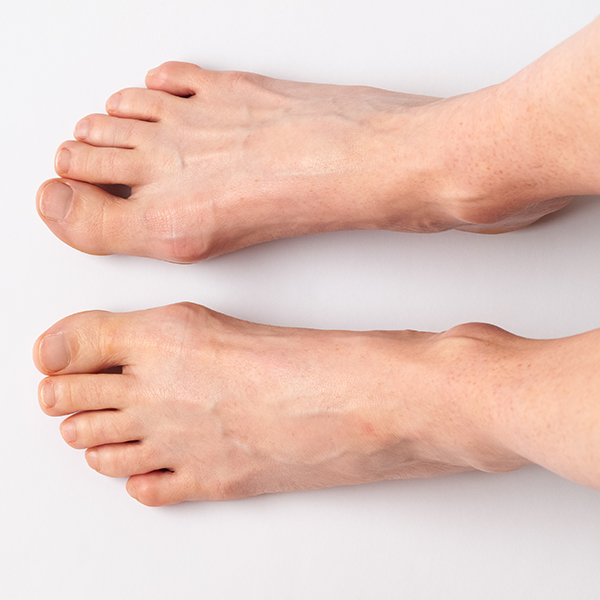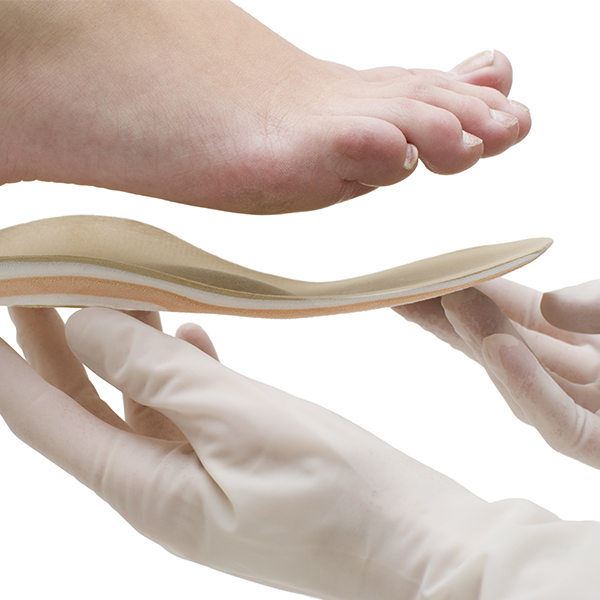Podiatric Services
Podiatric services encompass a wide range of specialized care focused on the diagnosis, treatment, and prevention of conditions affecting the feet and ankles. From common ailments like bunions and ingrown toenails to more complex issues such as fractures and deformities, podiatrists play a crucial role in ensuring optimal foot and ankle health for their patients.
Understanding Foot and Ankle Health
The feet and ankles form the foundation of the body, providing stability, support, and mobility for daily activities. However, they are also prone to various injuries and conditions due to their complex structure and constant use. Issues such as plantar fasciitis, Achilles tendonitis, and ankle sprains can significantly impact mobility and quality of life if left untreated.
Comprehensive Podiatric Care
Podiatrists are medical professionals trained to assess, diagnose, and treat a wide range of foot and ankle problems. They utilize a combination of medical history review, physical examination, imaging studies, and diagnostic tests to determine the underlying cause of a patient's symptoms. Once a diagnosis is established, podiatrists develop personalized treatment plans tailored to each individual's needs.
Treatment Options
Podiatric treatment options may include conservative measures such as orthotics, physical therapy, and medication to alleviate pain and inflammation. In cases where conservative treatments are ineffective, podiatrists may recommend surgical intervention to address underlying structural issues or correct deformities or repair injuries.
Orthotics: A Key Component of Podiatric Care
Orthotics are custom-made shoe inserts designed to provide support, stability, and alignment for the feet and ankles. They can help alleviate pain, improve function, and prevent further injury by redistributing pressure, correcting biomechanical imbalances, and promoting proper alignment. Orthotics are commonly prescribed by podiatrists to address a variety of foot and ankle conditions, including:
- Flat Feet: Orthotics can provide arch support and cushioning to reduce strain on the feet and ankles.
- Plantar Fasciitis: Orthotic inserts can help alleviate pain and inflammation by supporting the arch and reducing tension on the plantar fascia.
- Overpronation or Supination: Orthotics can help correct abnormal foot mechanics by providing stability and controlling excessive inward (pronation) or outward (supination) rolling of the foot.
- Foot Deformities: Orthotic devices can accommodate structural abnormalities such as bunions, hammertoes, and tailor's bunions to relieve pressure and prevent worsening of symptoms.
Preventive Foot Care
In addition to treating existing conditions, podiatrists also play a vital role in preventive foot care. They educate patients on proper foot hygiene, footwear selection, and injury prevention strategies to reduce the risk of future problems. Routine foot screenings and preventive interventions can help identify issues early and address them before they escalate into more serious complications.
Podiatric services offer comprehensive care for a wide range of foot and ankle conditions, from routine foot care to complex surgical procedures. By addressing the underlying cause of symptoms and providing personalized treatment plans, podiatrists help patients achieve optimal foot and ankle health and improve their overall quality of life. Whether managing chronic conditions or preventing future problems, podiatry plays a crucial role in maintaining mobility, comfort, and well-being.











